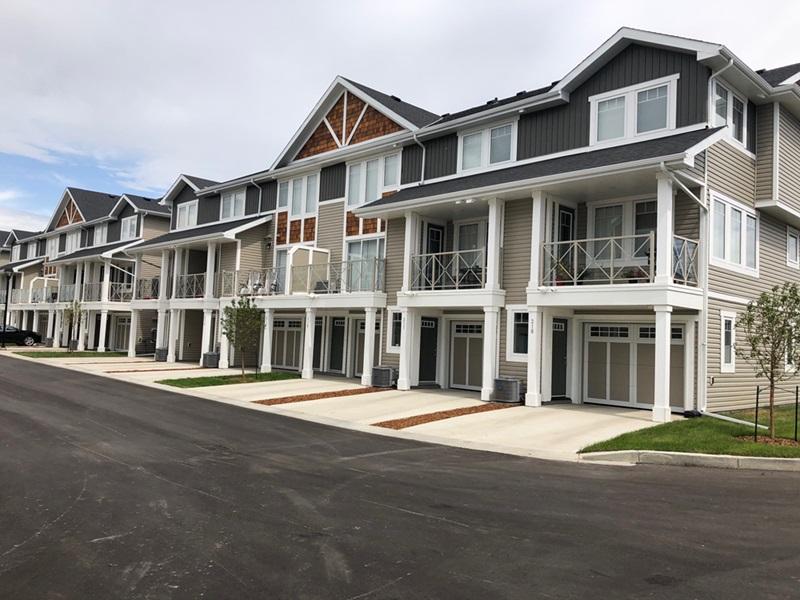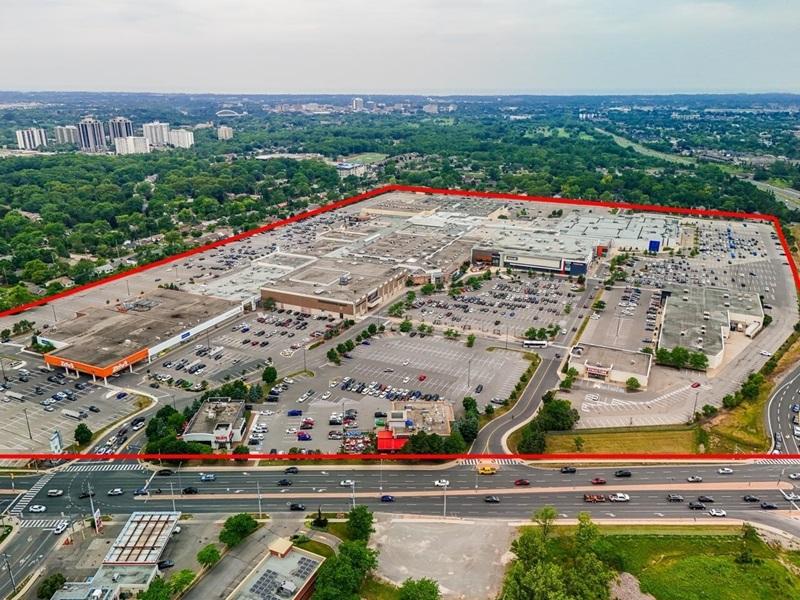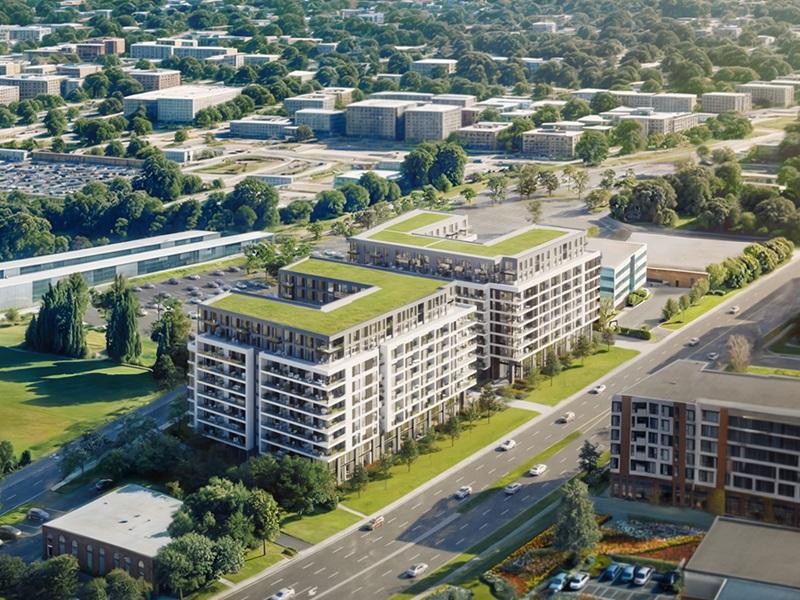The Vancouver region is on the verge of setting a record for overall commercial real estate sales in 2017, according to the latest figures provided by Altus Group.

QuadReal Property Group purchased the Oakridge Centre shopping mall in Vancouver from Ivanhoé Cambridge for $961 million, the largest deal (so far) in 2017 in the city, according to Altus Group stats. (Google Street View image)
In its Q3 transaction stats, Altus Group showed a third-quarter total of $3.2 billion across 645 investment property sale deals worth more than $1-million.
At the end of September, investment sales for the region totalled about $10.25 billion, according to Altus Group’s figures. Last year set the record with a total of about $12.5 billion in deals.
“Based on the three quarters already in the book, we’re only about $2.2 billion short (of the record), and the last time we had a (sub-) $2.2 billion quarter was two years ago, so we’re definitely on track for an all-time record in 2017,” said Paul Richter, director of data solutions with Altus Analytics at Altus Group.
Overall investment volumes have been above $3 billion in five of the last seven quarters, and in the past three consecutive quarters. This has resulted in the strongest nine-month period on record, according to the report.
Land dominates Q3 transaction value
Of those Q3 deals, office assets comprised 2.7 per cent; retail comprised 8.5 per cent; industrial 10.9 per cent; apartment 6.1 per cent, hotel 0.2 per cent, and Industrial Commercial and Institutional (ICI) land 19.1 per cent.
The remainder of the deals, 52.6 per cent, involved residential land.
The figures mark a “nearly two-year run on land at, or near peak levels for both ICI land and residential development land,” Richter told RENX.
He avoided calling the situation in Metro Vancouver a land rush.
“The build-up has been significant over time,” Richter said. “We’ve had about two years where there was a real pop in the overall dollar volume invested into the land market and particularly the last three quarters for both residential and commercial land.”
He said each of the last eight quarters has seen an increasing amount of investment and a rising number of deals, with ample land investment.
The remaining asset classes have “all been contributing in a very balanced manner”, he said.
Sales hot ‘north of the Fraser River’
Most of the sales activity has taken place “north of the Fraser River”, meaning in Richmond, Burnaby and Vancouver municipalities, Richter said.
“But there have been pockets of larger retail transactions in the urban centres like in Surrey, along King George Boulevard and in Abbotsford City Centre,” Richter said.
“Chilliwack even had a couple large transactions.”
In the largest deal to date, QuadReal Property Group purchased the Oakridge Centre shopping mall in Vancouver from Ivanhoé Cambridge. The February deal, which totalled $961 million, was divided into two transactions — 50 per cent in the form of a share sale and a 50 per cent in the form of a market sale, according to the transaction summary reviewed by RENX.
Market fundamentals expected to remain
The region does appear headed for a record year, agreed Mehdi Shokri, a principal with Avison Young in Vancouver. “But it’s frankly hard to imagine, coming off the year we had last year and how big it was.”
“Quite a lot of transactions” could end getting jammed in before the end of the year, he said.
“It’s still extremely busy,” he said. “I think we’re all very much burnt out at this stage of the game. There is definitely always an added level of complexity to each deal as these amounts get higher and people are either trying to rationalize it internally or the lenders that they’re working with, there’s just a lot of stress points on all sides.”
As for continued land sales, “there is definitely a strong confidence that our fundamentals aren’t changing any time soon”, he said, noting there remain a consistent group of buyers who continue to make deals in order to keep their land-banks and pipelines full.
Municipal elections loom in B.C.
However, political intervention in the market by B.C.’s new NDP government, or due to politicking in B.C.’s municipal elections next year, could affect the investment market, he added.
“There’s a ton of competition for residential land throughout the market,” said Michael Ferreira, managing principal with Urban Analytics, a property data and advisory service firm with offices in Vancouver, Edmonton and Calgary. “We continue to see, particularly in the urban locations or transit-oriented locations … a lot of competition among developers.”
He said there appears to be a willingness by developers, in some cases, to overpay based on current values with the hope those values will continue to increase throughout the lengthy planning process.
A scarcity of land for development also has a lot to do with the dollar volumes, Ferreira said.
Richter said he expects the overall market to remain strong next year.
Higher densities in secondary neighbourhoods
“There is a definite push for higher density, and for a bit more of a balanced offering in terms of housing options,” he said.
He said busy, low-density areas beyond the downtown core like Vancouver’s Fraser Street, Main Street and the Kingsway artery will continue to be up-zoned and developed from low-rise commercial and residential frontage into larger, mixed-use buildings.
A lot of properties acquired as light industrial or commercial in those areas will now start to get classified as residential land and converted into higher-density homes, he said.
Ferreira said he’s keeping an eye on prices.
“The biggest thing we’re watching is to see if the huge escalation in pricing that we’ve seen in the last two years will continue into 2018,” he said, noting the numbers don’t seem or feel sustainable.
“But I probably would have said that year ago too, and we’ve continued to see prices escalate.”







